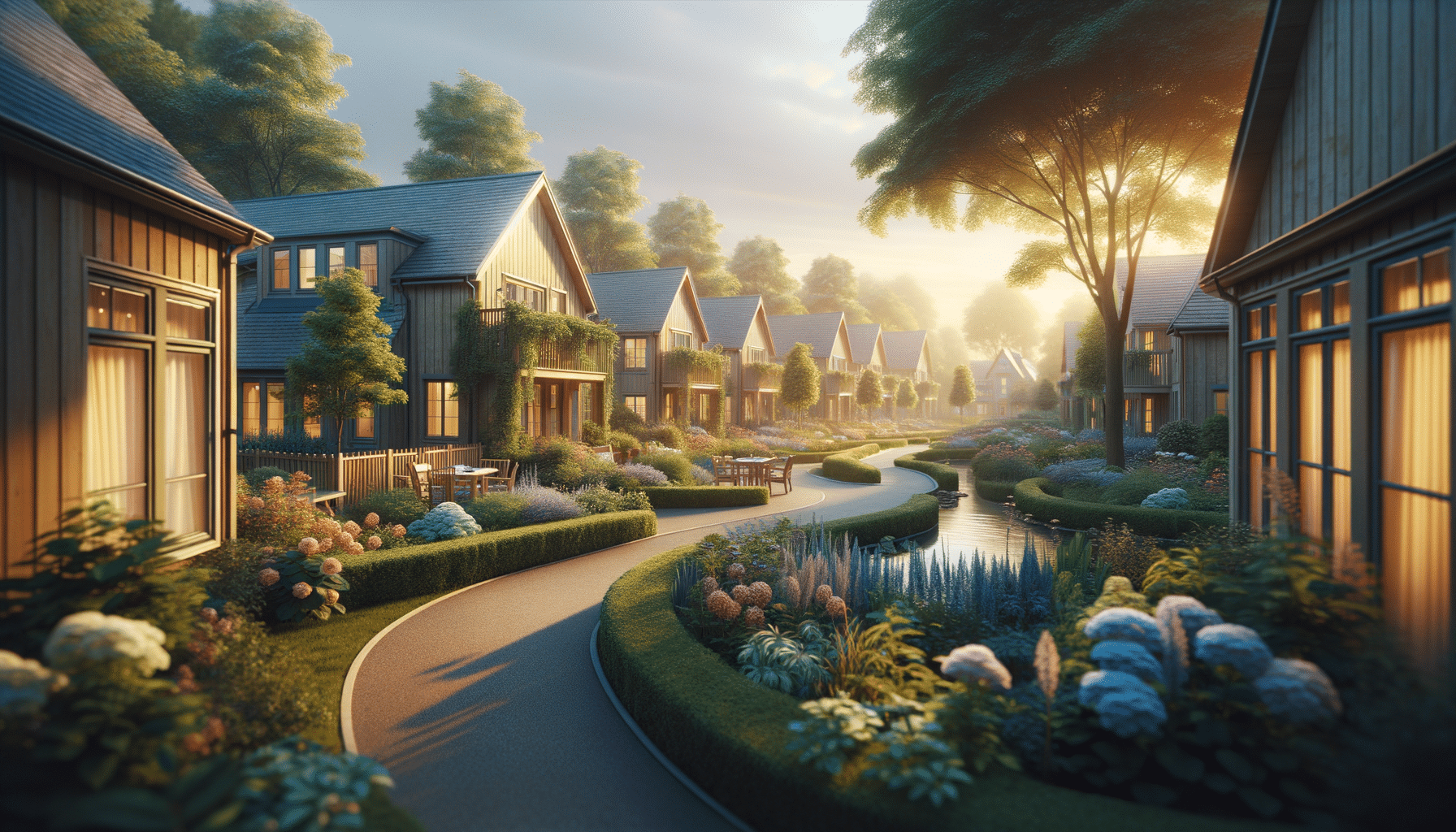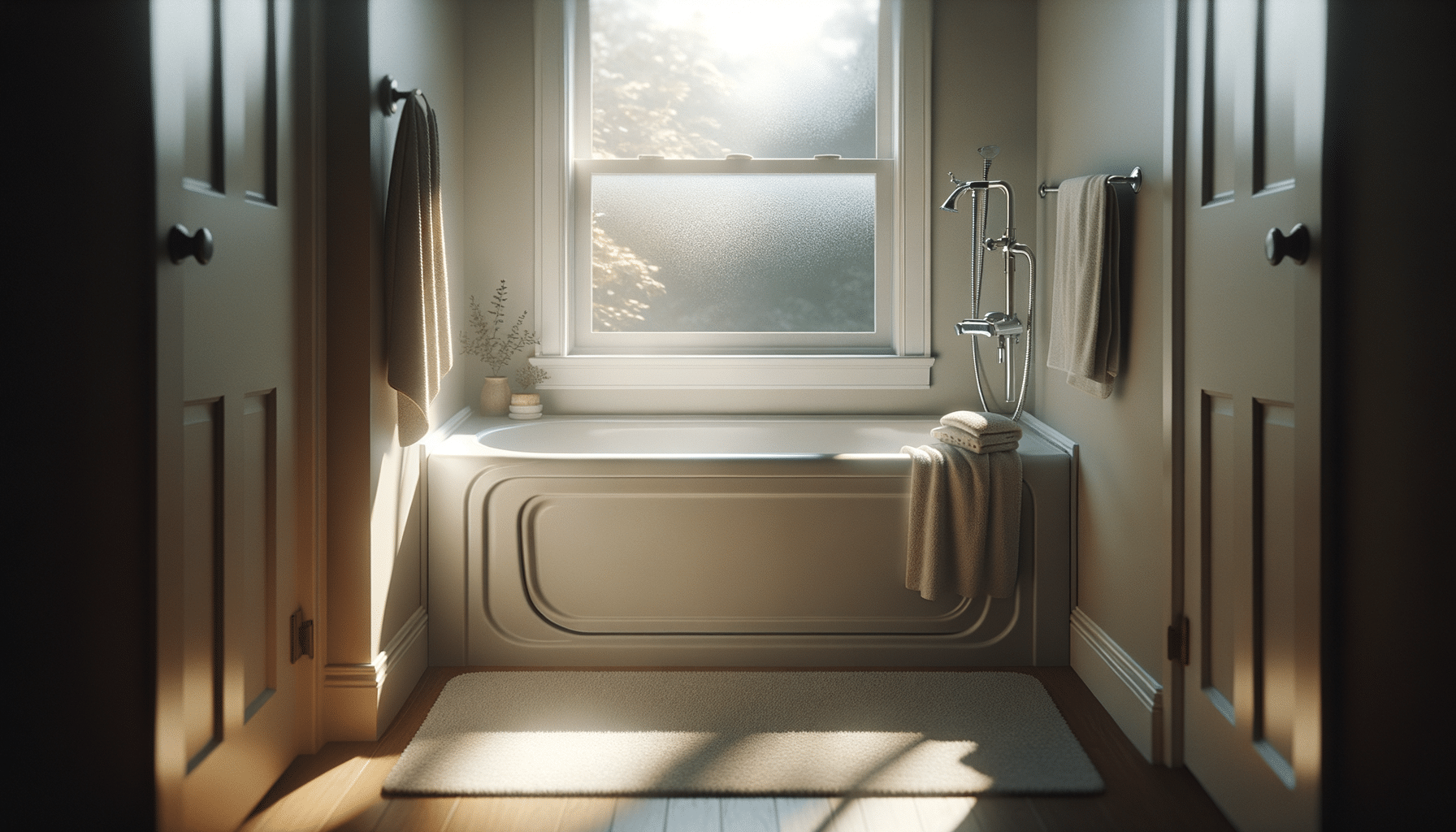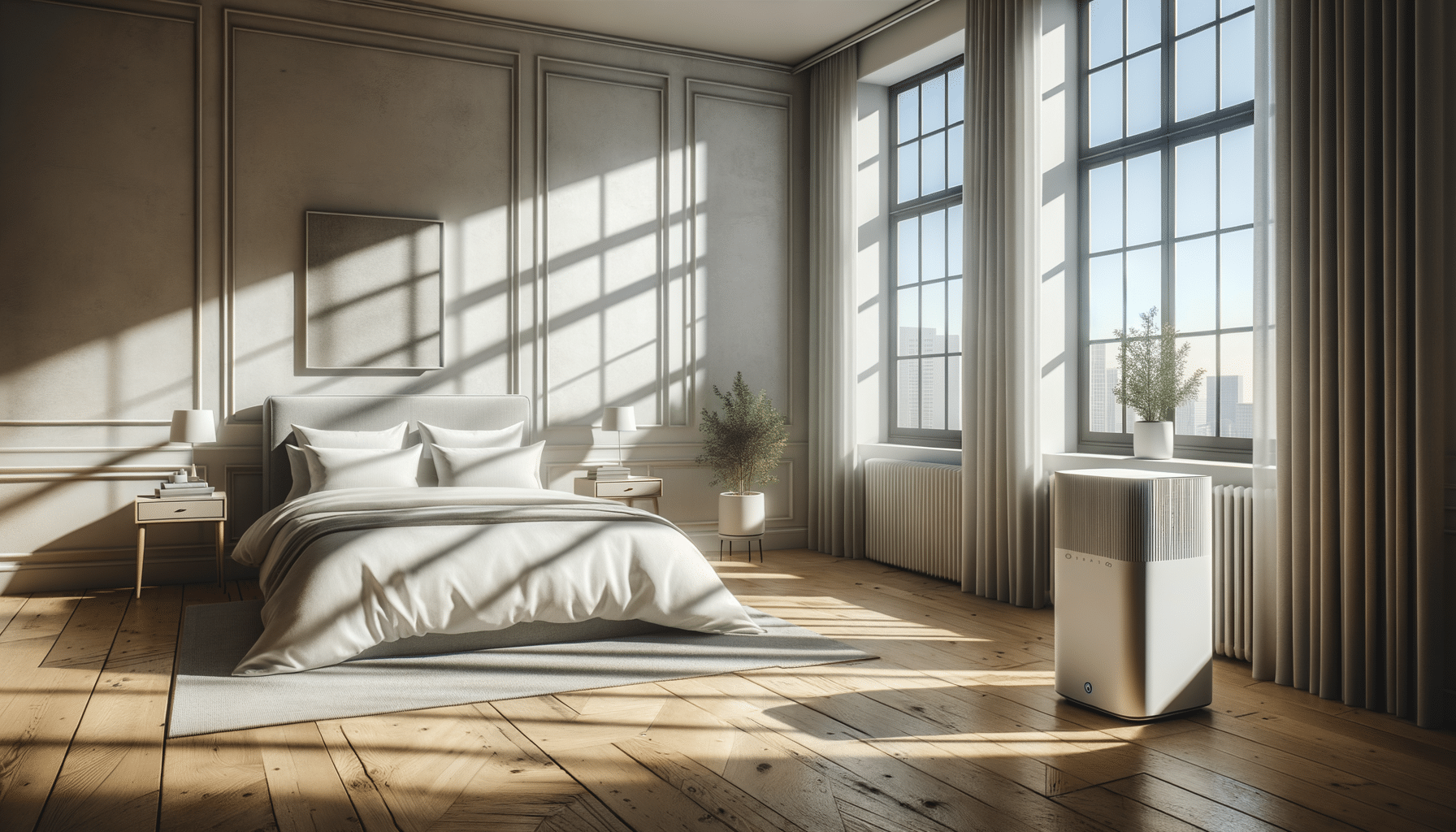
Sichere und komfortable Seniorenwohnungen: Genießen Sie einen komfortablen und ruhigen Lebensabend
Understanding Senior Housing: A Comprehensive Overview
Senior housing is a term that encompasses a range of housing solutions designed specifically for older adults. These accommodations are structured to cater to the unique needs of seniors, offering a blend of independence and assistance. As the population ages, the demand for senior housing has grown, prompting a variety of options that cater to different levels of care and lifestyle preferences.
The primary goal of senior housing is to provide a safe and comfortable living environment. This often includes features such as wheelchair accessibility, emergency response systems, and proximity to healthcare facilities. Additionally, many senior housing communities offer social activities and amenities that promote an active and engaged lifestyle.
Senior housing can range from independent living communities to assisted living facilities and nursing homes. Each type is tailored to meet specific needs, whether it’s for seniors who are still active and independent or those requiring more intensive medical care and assistance. Understanding these options can help families make informed decisions about the best living arrangements for their loved ones.
Types of Senior Housing: Finding the Right Fit
Choosing the right senior housing option is crucial to ensuring a fulfilling and secure living experience. The various types of senior housing available cater to different needs and preferences, providing options for every lifestyle.
Independent living communities are ideal for seniors who are self-sufficient but prefer the convenience of community living. These communities typically offer a range of services, including housekeeping, dining, and recreational activities, allowing residents to enjoy a worry-free lifestyle.
For those requiring some level of assistance, assisted living facilities provide a supportive environment. Residents can benefit from personal care services, such as help with daily activities like bathing and dressing, while still maintaining a degree of independence.
Nursing homes offer comprehensive medical care for seniors with significant health issues or disabilities. These facilities are equipped with professional healthcare staff to manage medical needs and provide around-the-clock care.
Each senior housing type offers distinct advantages, making it essential to assess the specific needs and preferences of the individual when making a choice.
Benefits of Senior Housing: More Than Just a Place to Live
Senior housing offers numerous benefits that go beyond mere accommodation. These communities are designed to enhance the quality of life for seniors by providing a supportive and enriching environment.
One of the primary benefits of senior housing is the emphasis on safety and security. Many facilities are equipped with features such as 24-hour security, emergency call systems, and accessible design to ensure the well-being of residents.
Social interaction is another key advantage. Senior housing communities often organize activities and events that encourage residents to engage with one another, fostering friendships and reducing feelings of isolation.
In addition to social benefits, many senior housing options include amenities like fitness centers, libraries, and gardens, promoting an active and healthy lifestyle. The availability of on-site healthcare services can also provide peace of mind for both residents and their families.
Overall, senior housing offers a comprehensive approach to senior living, combining comfort, care, and community.
Considerations When Choosing Senior Housing
Selecting the right senior housing option involves careful consideration of various factors to ensure it meets the needs and expectations of the senior and their family.
Location is often a primary consideration. Proximity to family, friends, and healthcare facilities can greatly impact the convenience and comfort of the living arrangement. It’s important to choose a location that balances accessibility with the desired lifestyle.
The level of care required is another crucial factor. Assessing the current and potential future needs of the senior can help determine whether independent living, assisted living, or a nursing home is the most appropriate choice.
Financial considerations also play a significant role. Understanding the costs associated with different types of senior housing and evaluating them against available resources is essential for making a sustainable decision.
Finally, visiting potential senior housing facilities can provide valuable insights into the environment, amenities, and community culture, helping to ensure the chosen option aligns with the senior’s preferences and needs.
The Future of Senior Housing: Trends and Innovations
The landscape of senior housing is evolving, driven by technological advancements and changing demographics. As the demand for senior housing grows, so does the innovation within the industry, offering exciting possibilities for the future.
One notable trend is the integration of smart home technology in senior housing. Features such as automated lighting, voice-activated devices, and remote health monitoring systems are becoming increasingly common, enhancing safety and convenience for residents.
There is also a growing emphasis on sustainable and eco-friendly design in senior housing. Many new developments prioritize energy efficiency and use of sustainable materials, reflecting a broader societal shift towards environmental consciousness.
Furthermore, the concept of aging in place is gaining traction. This approach focuses on adapting existing homes to accommodate the changing needs of seniors, allowing them to remain in familiar surroundings while receiving necessary support.
These trends indicate a promising future for senior housing, with continued advancements aimed at improving the quality of life for older adults.


